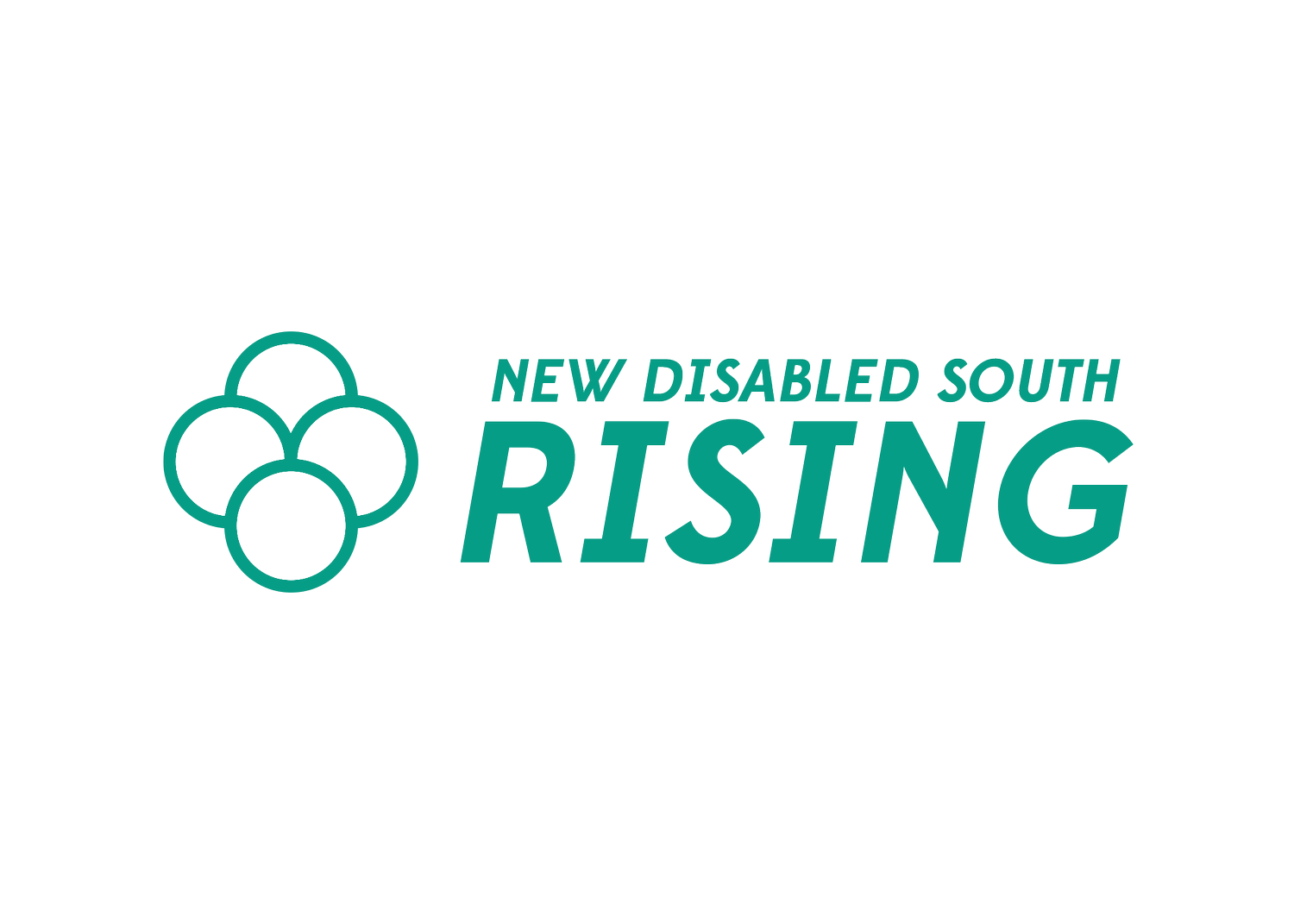New Disabled South Rising is the advocacy arm of New Disabled South.
New Disabled South Rising is focusing on three priority policy buckets for our advocacy and research initiatives:
-
Disabled people live in poverty at more than twice the rate of nondisabled people, and poverty has historically been higher in the South than anywhere else in the United States. In fact, according to recent data from the U.S. Census, 9 out of the 10 states with the highest poverty rates are in the South. Lack of affordable and accessible housing, income inequality, untenable rising healthcare costs, substandard public transportation, and more are contributing to keeping disabled people in the South in poverty, but it doesn’t have to be this way.
The state of the care economy in the South is also in crisis. In our home state of Georgia, over 7,000 people are currently on a waiting list for waivers that would allow them to receive the care they need in their homes and communities instead of in institutions. Across all 14 of our states, that number is over half a million. Out of 655,000 nationally, that is 76% in the South. We will be fighting in Georgia and across the South to ensure that these waiting lists are fully funded, that Medicaid is fully expanded, and that the care economy gets the investment it needs from those in power.
New Disabled South Rising is:
-Working to find both policy and community solutions at the state and local level to lift disabled people out of poverty and give them more opportunities to live thriving, independent lives.
-Advocating for investment in home and community based services, Medicaid expansion, and other services that deliver care for disabled people.
-Fighting to end subminimum wages and sheltered workshops, asset limits, and other restrictive measures that keep disabled people in poverty.
-Organizing mutual aid efforts in local communities throughout our states to help people have access to resources when they need it.
-
For too long, disabled people of color have faced the worst of the criminal justice system. 50% of people killed by police are disabled, and 55% of Black disabled men are likely to be arrested by 28. Additionally, researchers at the University of Pennsylvania put out a report that two-thirds of state and federal prison population were disabled. In Southern states disabled folks have less access to transportation, basic healthcare, job opportunities, and more, and these disparities ultimately lead to more police interactions and incarceration. For disabled youth and students, especially BIPOC, they are significantly more likely to have police called on them in school than their nondisabled classmates.
New Disabled South Rising is:
-Investing in research that helps us find both policy and community solutions that will decriminalize disability in the South.
-Working with and supporting partners who are invested in abolishing systems that keep disabled people, particularly BIPOC, brutalized, incarcerated, institutionalized, and continuously harmed.
-Organizing with disabled youth in the South to put a stop to the criminalization of disability in schools and working toward tearing down the systems that incarcerate and institutionalize disabled young people.
-
The disabled community has proven to be a powerful voting bloc, yet there are countless barriers that make it more difficult for disabled people to take part in our democracy. Despite multiple federal laws intended to make voting accessible, disabled folks across the country have faced many issues voting freely and independently. In the South, the legacy of Jim Crow and continued voter suppression over recent years has made it harder for disabled voters, particularly disabled BIPOC, to cast their ballots. Inaccessible polling places, restrictions on absentee ballots, long lines, limited windows for early voting, and more have disenfranchised disabled voters across the South.
New Disabled South Rising is:
-Fighting back against anti-voting efforts and championing solutions that tear down barriers that keep disabled voters out of the democratic process
-Investing in research that will look for solutions that make voting more accessible and ensure that every disabled person in the South can cast a ballot.
-Educating disabled voters on how they can vote freely and independently.
-Working with partners to help provide accessible rides to polls during elections.


